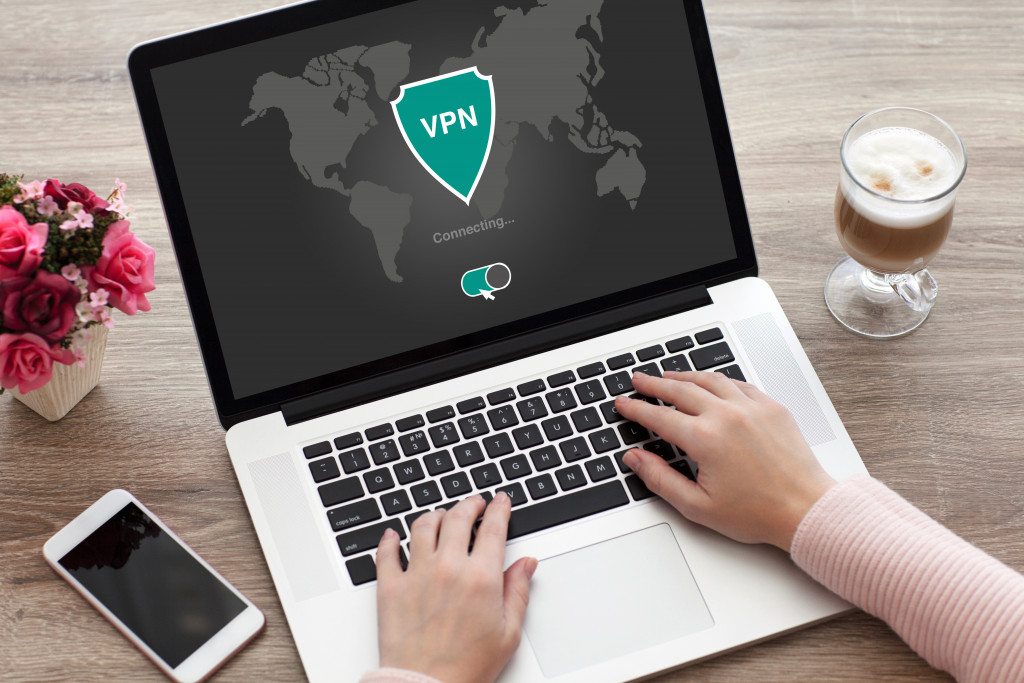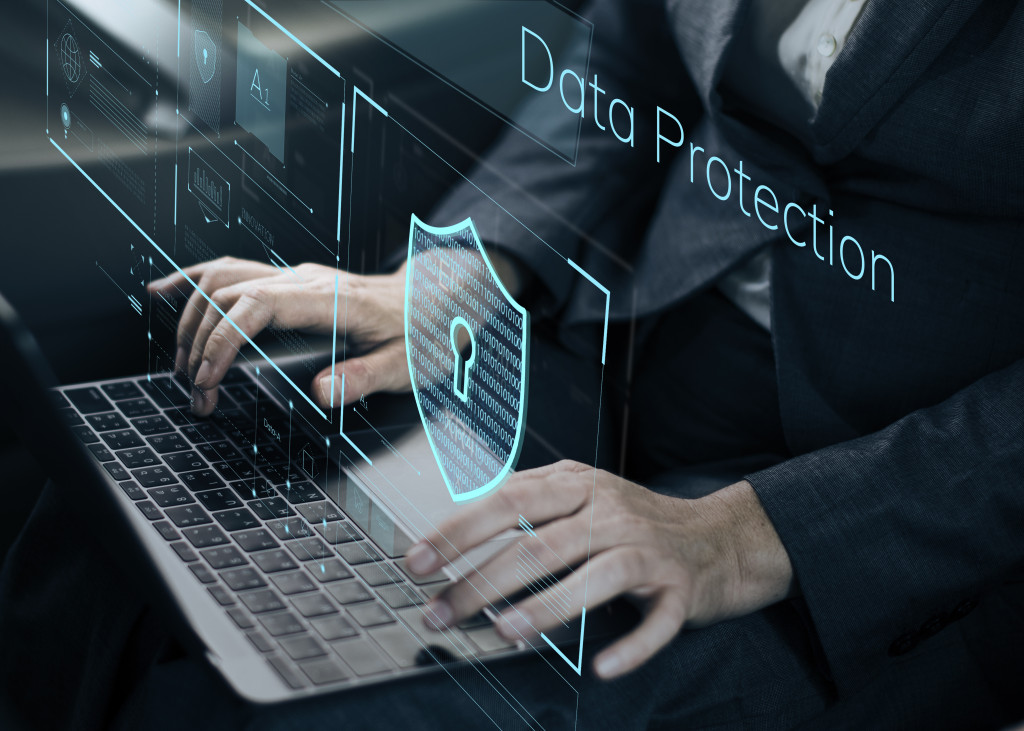It’s no secret that medical records are a prime target for hackers. Healthcare data breaches have become so common that medical facilities and hospitals are doing everything they can to protect the private information of their patients.
While there’s no foolproof way to prevent your medical records from being hacked, there are some steps healthcare facilities can take. You might think that dentists are safe from these breaches, but even dental clinics can fall victim to these hackers.
Information Hackers Seek in Medical Records
Medical identity theft is a severe problem that can have lasting consequences. If your medical records are stolen, someone could use your insurance to receive treatment or prescriptions in your name. This could cost you money, but it could also impact your credit score and result in false information appearing on your medical records. Here some information hackers can steal off medical records:
- Social Security numbers
- Dates of birth
- Health insurance information
- Diagnoses and treatment information
- Prescription information
There are several ways that hackers can gain access to medical records. They can exploit weaknesses in the organizations’ security systems that store these records or they can guess passwords if you use weak ones. In some cases, hackers have even been able to trick people into giving them access to their records by pretending to be from a legitimate organization.
Steps You Can Take to Prevent Your Records from Being Hacked
Medical records contain some of the most sensitive information imaginable, so they must be kept safe from prying eyes. Here are a few tips to help you protect your medical records from being hacked:
1. Use Strong Passwords
This one seems like a no-brainer, but it’s incredible how many people still use weak passwords for their online accounts. If you want to keep your medical records safe, you need to use strong passwords that can’t be easily guessed.
2. Enable Two-Factor Authentication
You should always enable two-factor authentication for your online accounts when it’s available. This adds an extra layer of security by requiring you to enter a code from your phone in addition to your password when logging in.
3. Be Careful What You Click
One of the easiest ways for hackers to access your medical records is by tricking you into clicking on a malicious link. Be careful about what emails you open and what links you click, even if they appear from a trusted source.
4. Keep Your Software Up to Date
Outdated software is one of the most significant security risks on the internet. Hackers are constantly finding new ways to exploit old vulnerabilities, so keeping your software updated is essential. This includes your operating system, web browser, and any plugins or add-ons you use.
5. Use a VPN

When accessing your medical records from a public Wi-Fi network, you need to be extra careful about who could be snooping on your connection. A virtual private network (VPN) encrypts all the data sent between your device and the internet, making it more difficult for hackers to intercept.
6. Be Wary of Public Computers
If you need to access your medical records while you’re away from home, be very cautious about using public computers. These computers are often loaded with malware that could give hackers access to your accounts. If possible, use your laptop or device instead.
7. Check for Suspicious Activity
Even if you follow all of the above tips, it’s still possible for your medical records to be hacked. That’s why it’s essential to \check for suspicious activity in your account regularly. Look for unusual login activity, strange messages, or unexpected changes to your information.
8. Store Your Records Offline
Suppose you’re worried about your medical records being hacked. In that case, you can always store them offline. Storing your data offline means keeping a paper copy of your documents safe rather than relying on an electronic version. While this seems old-fashioned, it’s always a great idea to have a backup to your backup.
9. Talk to Your Doctor
If you’re concerned about the security of your medical records, talk to your doctor or healthcare provider. They should be able to tell you what measures they’re taking to keep your information safe and answer any other questions you have.
Final Thoughts
The best way to prevent your medical records from being hacked is by using strong passwords and keeping your computer software up-to-date. However, even if you take these precautions, there is still a chance that your information could be compromised. Suppose you are concerned about the security of your medical records. In that case, it is essential to contact your healthcare provider and ask them what measures they have in place to protect your data.

